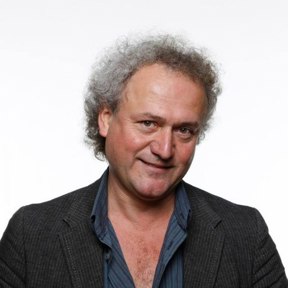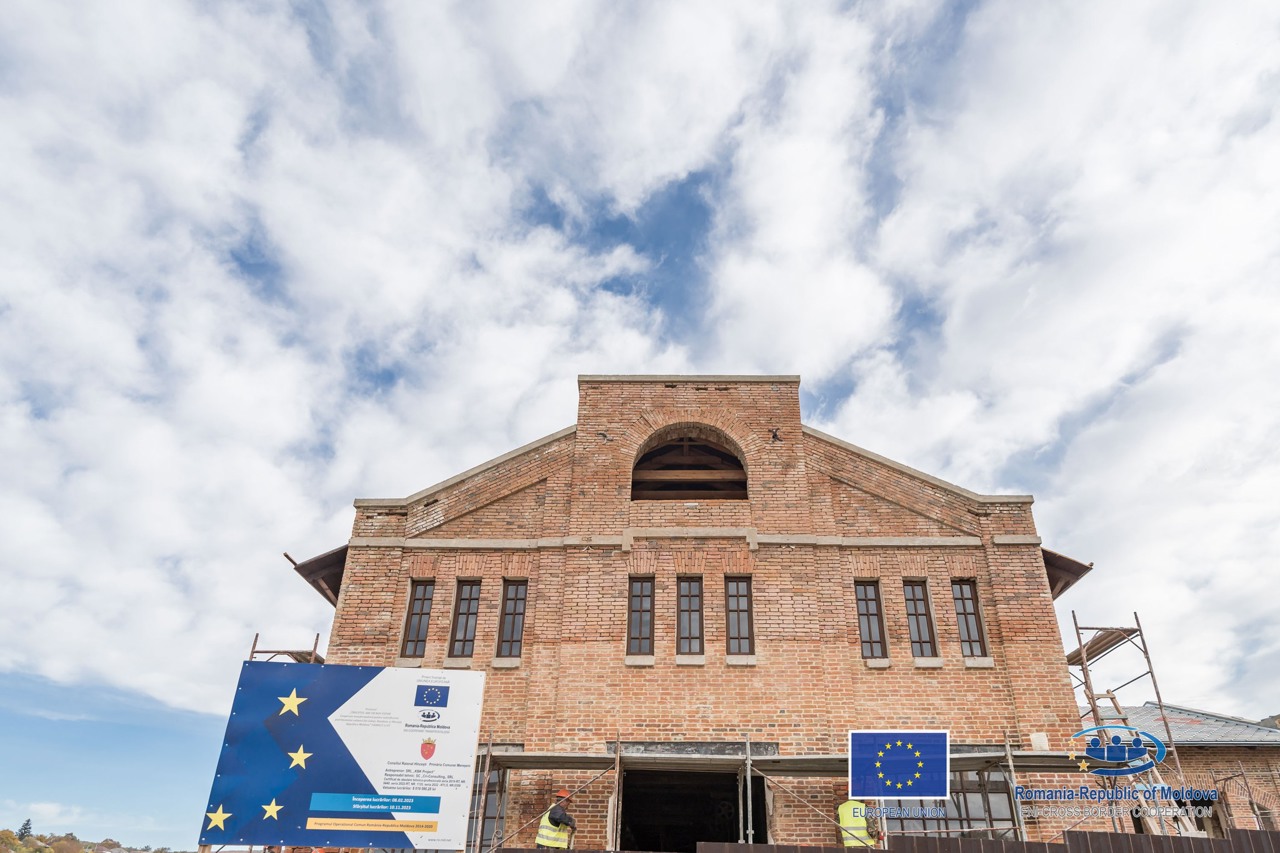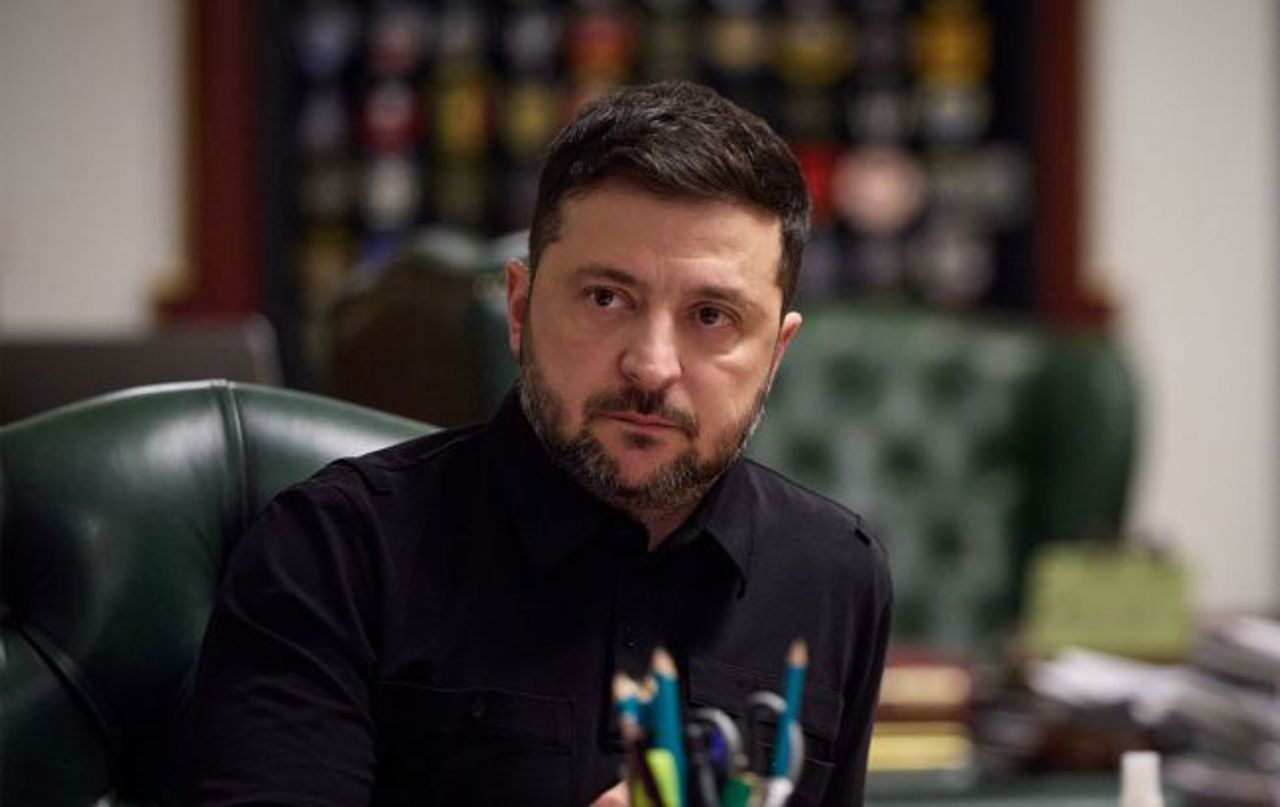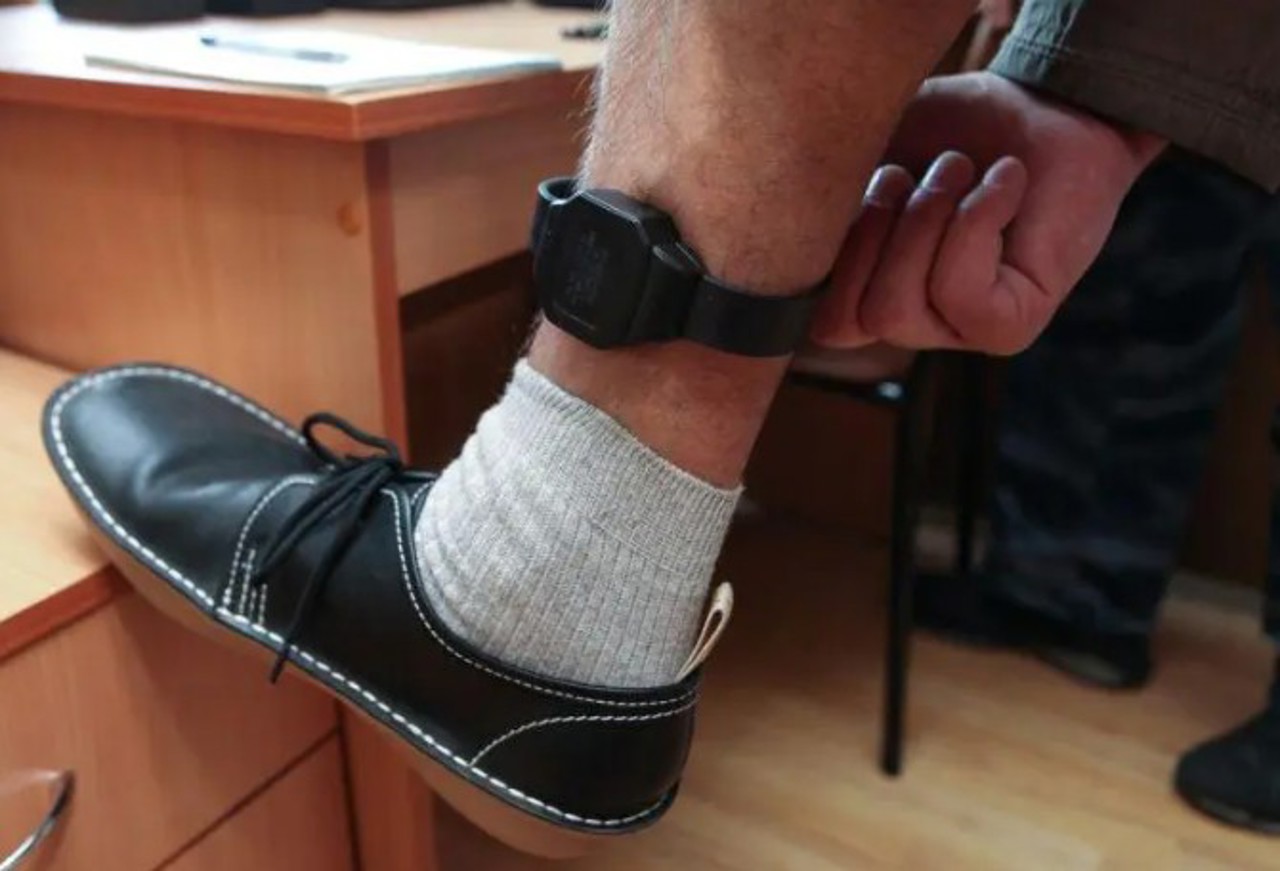Correspondence by Dan Alexe // Trump rejects EU proposal for customs peace
On Monday, April 7, US President Donald Trump stated that the European Union's proposal for a complete and mutual exemption from customs duties on industrial products, including cars, is insufficient to warrant a reduction in US customs duties. What is behind this European proposal?
During a meeting of European Union trade ministers in Luxembourg yesterday, the 27 EU member states urged Washington to engage in negotiations regarding mutual bank tariffs, even proposing their complete abolition. In summary, the EU has suggested to the United States a full and reciprocal exemption from customs duties on cars and other industrial goods.
For now, European nations have set aside a series of potential retaliation measures if the negotiations fail, including the possibility of targeting American digital technology. Platforms like Microsoft, Amazon, Google, and Meta have been mentioned as potential targets. However, many European countries, particularly the Baltic states, heavily rely on the United States for their security. Additionally, several nations are concerned that the new tariffs imposed by the Trump administration may violate the rules of the World Trade Organization (WTO), which is often referred to as the "policeman of global trade."
In reality, the WTO currently finds itself constrained in the face of a rising tide of protectionism. Its capacity for action is limited, especially since the United States has undermined the legal mechanisms designed to resolve trade conflicts. The WTO is not part of the UN system; unlike other international organizations such as the World Bank and the International Monetary Fund, it does not have a governing board or director. Instead, it is governed by consensus among its 166 member states. The WTO Secretariat, led by Nigerian Ngozi Okonjo-Iweala since March 2021, primarily serves as an advisory body to the organization's committees and lacks the authority to assess whether national policies comply with WTO rules.





